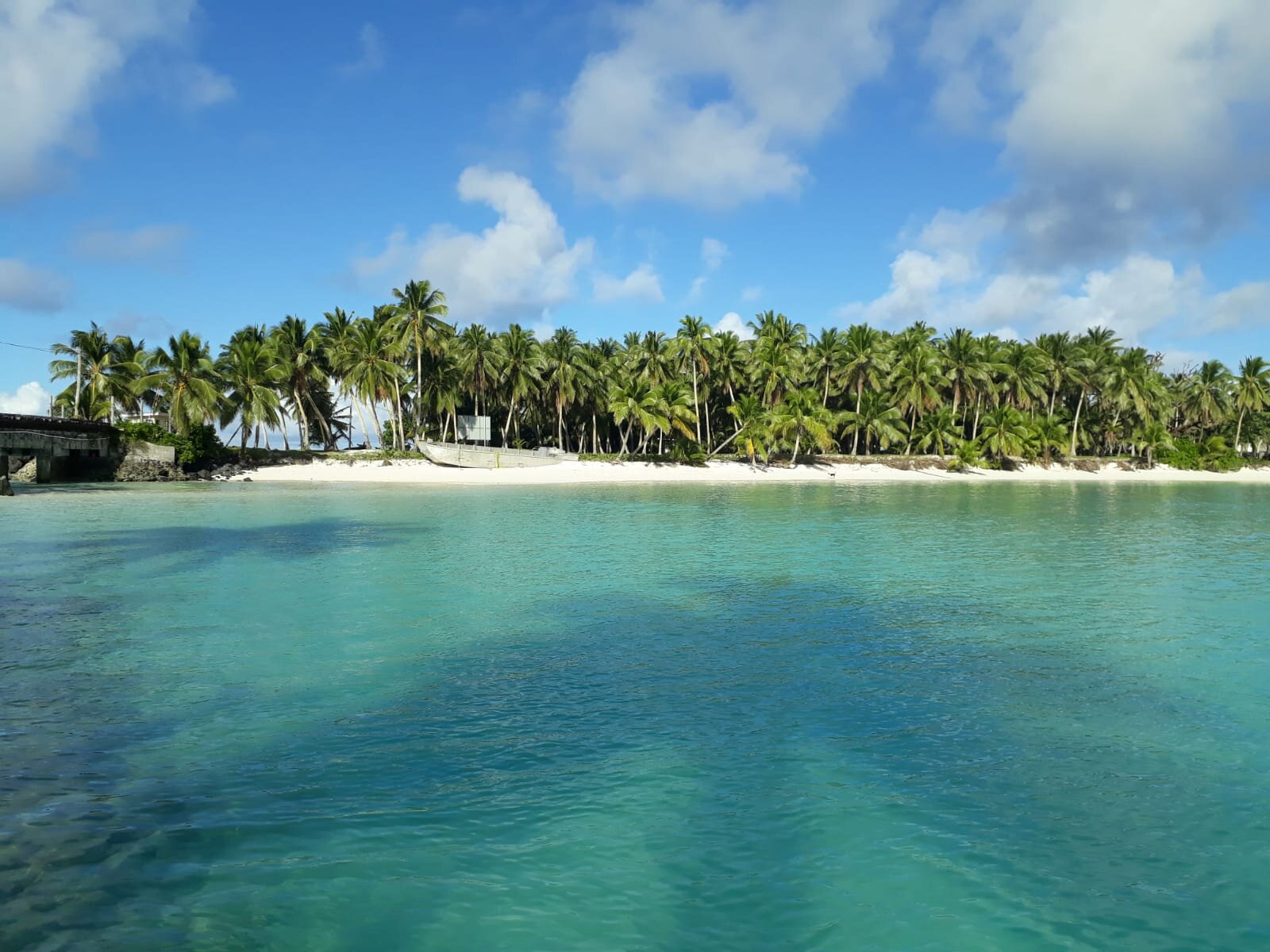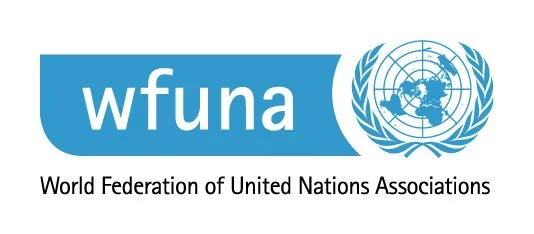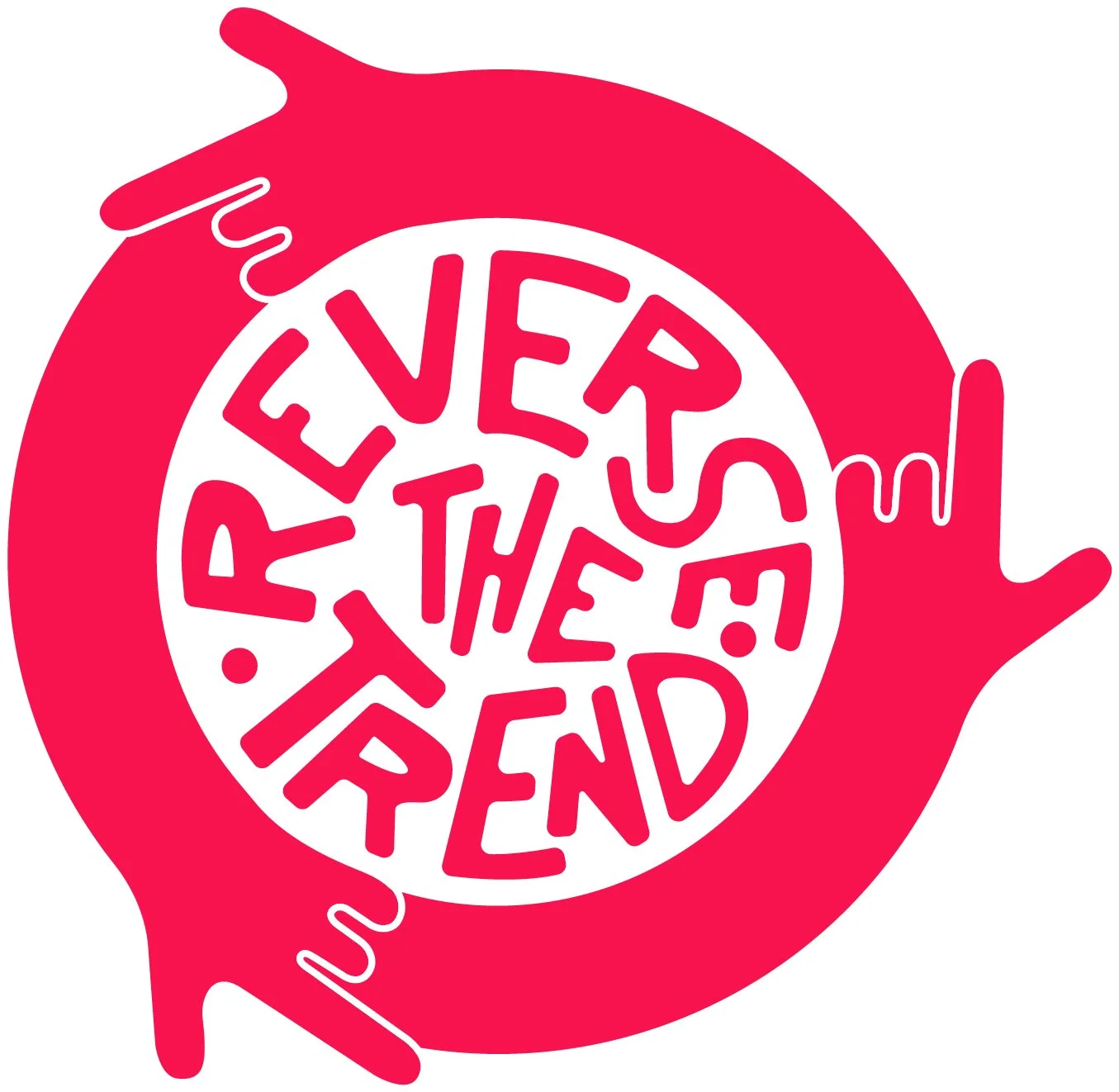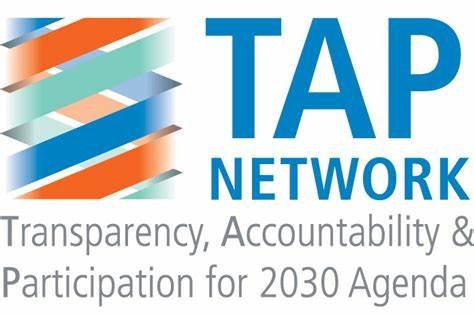
Our Partners
WE ARE VOTING MEMBERS OF:
World Federation of United Nations Associations (wfuna)
The World Federation of United Nations Associations (wfuna) is an international non-governmental organization that unites United Nations Associations (UNAs) in over 100 countries, empowering civil society to engage with the UN’s mission. Established in 1946, WFUNA plays a vital role in bridging the gap between people and the United Nations by promoting global cooperation, inclusive dialogue, and public understanding of international affairs.
UNA Fiji is the first member from the Pacific to be part of wfuna
WFUNA works across thematic areas such as peace and security, sustainable development, and human rights, with a particular focus on strengthening democratic institutions and civic engagement. It partners with UN bodies, national governments, and grassroots organizations to implement education programs, capacity-building initiatives, and global advocacy campaigns.
Youth empowerment is a central pillar of WFUNA’s work. Through leadership programs, Model UN activities, and international forums, WFUNA equips young people with tools to participate meaningfully in decision-making processes. Its commitment to multilateralism and people-centered diplomacy helps ensure that global challenges are met with collaborative and inclusive solutions.
CIVICUS: World Alliance for Citizen Participation (CIVICUS)
We are the only global network of civil society organisations and activists dedicated to strengthening citizen action and civil society around the world. We are proudly based in the global South with members in more than 170 countries. Founded in 1993, CIVICUS has significant experience and is internationally recognised as a credible, trusted voice on civil society issues.
We were established in 1993 and since 2002 have been proudly headquartered in Johannesburg, South Africa, with additional hubs across the globe. We are a membership alliance with more than 9,000 members in more than 175 countries.
Our definition of civil society is broad and covers non-governmental organizations, activists, civil society coalitions and networks, protest and social movements, voluntary bodies, campaigning organizations, charities, faith-based groups, trade unions, and philanthropic foundations. Our membership is diverse, spanning a wide range of issues, sizes, and organisation types.
The Fiji Council of Social Services (FCOSS)
We are the non-government organization (NGO) and civil society organization (CSO) umbrella body for Fiji. It provides a focal point for Fiji’s CSOs and supports people-centered development initiatives, fostering strength and self-sufficiency within local organizations.
OUR MISSION
FCOSS is a civil society organisation that strengthens people and communities in Fiji through advocacy and training. It promotes and develops networking and collaboration within the community sector. It treats all people with respect and embraces multi-culturalism. It empowers individuals and communities to contribute to a compassionate, prosperous, and just Fiji.
HISTORY OF FCOSS
FCOSS was set up as a charitable organization in 1957 to provide relief and welfare to the vulnerable and marginalized in Fiji. The inaugural meeting of FCOSS was on March 14, 1960.
The organization learned a more sustainable approach was needed to lift people out of poverty. It established programs to facilitate international donor money for community-based organizations to conduct training, preventative health care, project management, community development, and basic social service. Between 1980 and 2005, FCOSS facilitated almost $15million in grants from international donor agencies for health, education, social services, and developing community and human resources.
FCOSS has developed into a national civil society organization building the capacity of CSOs, individuals, and communities to foster a better world for those who face disadvantage and poverty.
The Fiji National Volunteer Steering Committee (FNVSC)
We were established in 2001 bringing together national actors from civil society, the government, community and youth groups, and the private sector, celebrating and recognizing the invaluable services provided by volunteering in all spheres of society. The Committee has annually organized and coordinated celebrations on International Volunteers Day (IVD) on the 5th of December, which is dedicated to celebrating and recognizing the invaluable services provided by volunteering in all spheres of society.
The FNVSC advocates for the recognition and promotion of volunteerism in all its forms in Fiji.
Pacific Islands Climate Action Network (PICAN)
We bring together civil society organizations in Pacific Island countries advocating for climate justice.
PICAN is the Pacific regional node of the global Climate Action Network (CAN-International) which comprises of over 1100 Non-Governmental Organizations (NGOs) in more than 120 countries, working to promote government and individual action to limit human-induced climate change to ecologically sustainable levels.
OUR BILATERAL PARTNERS:
PEAC INSTITUTE: Peace Education and Art Communication
We believe international travel has a lifelong impact on young people, both on a personal and leadership level. Travel broadens one's perspective in a way that nothing else can, and all young people deserve this opportunity regardless of their economic status.
We work with high school students in low income areas who want to make a positive change in their communities and have big dreams but don’t have the resources to fulfill them.
We send them on international trips where they create their unique action plan for making a difference in their community, and we also provide ongoing mentorship and leadership training upon their return, so they have the support they need to affect the change they want to see.
PEAC Institute has a Special Consultative Status at the UN ECOSOC.
The Transparency, Accountability, and Participation (TAP) Network
The Transparency, Accountability, and Participation (TAP) Network is a broad international coalition of civil society organizations (CSOs) working together to advance SDG16+ to promote peace, justice, and inclusive societies, and to help enhance accountability for the 2030 Agenda for Sustainable Development and the Sustainable Development Goals (SDGs).
The TAP Network includes hundreds of civil society organizations operating in every region of the world, with TAP’s work evolving to not only coordinate collective global advocacy on behalf of its members, but to also provide indirect or direct support to its members to advance SDG16+ and SDG accountability in their own contexts.
The TAP Network includes and engages some of the foremost expert organizations working to advance SDG16+ and social accountability at all levels. TAP’s membership includes a diverse range of organizations, including local and grassroots groups, national, regional and thematic CSO networks, and international NGOs and independent think tanks.
TAP’s work also reinforces the assertion that SDG16+ and accountability for the 2030 are inextricably linked, and that efforts to deliver on the SDGs require participatory and inclusive institutions that are accountable to the very people that the 2030 Agenda pledges to “leave no one behind.”
Sai Prema Foundation Fiji
The Sai Prema Foundation Fiji is a Non-Government Organisation (NGO) and a registered Charitable Organisation under the Charitable Trust Act of Fiji, founded to serve the poor, underprivileged and needy people of Fiji through Medicare, Educare, and Sociocare initiatives.
The Foundation was officially launched by then Acting Prime Minister of Fiji, Hon. Aiyaz Sayed-Khaiyum on 19th August 2016. The Foundation is working in association with the Government of Fiji on various initiatives in complementing their projects and policies in fulfilling a need in society.
Dudley High School
Dudley Hign School is a coeducational high school on Toorak Hill, Suva, Fiji that is run by the Methodist Church of Fiji and Rotuma. It is named after missionary sister, Hannah Dudley who dedicated her life to taking care of Indian women and orphans that were victims of the vicious indentured system that brought labourers from India to Fiji by the colonial government. The indentured system brought thousands of Indians from India to Fiji under degrading conditions in the late 19th and early 20th centuries.
Dudley High School was established in 1897 by Hannah Dudley. The first classes were held under a tree. With more than 1,000 students enrolling annually, Dudley High School has become one of Fiji's largest secondary school with an estimated 12,000 old-scholars.It is the only school in Fiji to have three primary schools namely, Annesley Infant Methodist School, Suva Methodist Primary School and Dudley Intermediate School, each having their own Head Teachers.A Methodist chapel close by is also named after Hannah Dudley and is attended by the Indian division of the Methodist Church.
Dudley High School from 2020 has been our major partner in delivering the Diplomacy Training Programme. This partnership includes the school providing all the facilities for the successful delivery of the program.
The Pacific Islands Development Forum
The Pacific Islands Development Forum (PIDF) is a Pacific Island multilateral agency set-up as an action-oriented platform bringing together leaders from the public, private sector, and civil society to address regional development challenges, and whose mission is to enable green-blue Pacific economies through inclusive strategies, multi-stakeholder governance, and genuine partnership, and to serve as a South-South cooperation platform for the Pacific region.
The PIDF also serves as the Pacific Islands’ South-South cooperation platform with the United Nations and is a member of the Inter-agency Collaborative Group on the Global Partnership on SIDS. It is a space for catalysing, mobilising and mainstreaming action to support sustainable development through Green/Blue economies in Pacific Island Countries and territories. A regional organisation, PIDF enjoys the membership of a number of Pacific Island countries, which currently includes Fiji, Micronesia, Kiribati, Tuvalu, Marshall Islands, Nauru, Palau, Solomon Islands, Timor-Leste, Tokelau, Tonga and Vanuatu. It also enjoys the membership of two umbrella organizations, the Pacific Islands Association of Non-Government Organisations (PIANGO) representing Civil Society, and the Pacific Islands Private Sector Organisation (PIPSO) representing the Private Sector. Structured in such a way as to be inclusive of government, civil society, and the private sector, PIDF ensures a whole-of-Society and multi-stakeholder approach to development. PIDF works at the policy level to empower Pacific people and protect their environment in accord with sustainable development principles.
Special Thanks to Reverse The Trend for providing funding to build this website
Reverse The Trend
Reverse The Trend offers international educational resources, youth networking opportunities, and creative workshops for young people interested in exploring the deep connections between two existential threats: climate change and nuclear weapons. The world is grappling with multiple crises with few resources and a lack of political will; Reverse the Trend presents an opportunity to think about the overlapping nature of these global challenges, and encourage fresh thinking and advocacy on how to tackle them strategically with youth at the helm!
Under Reverse The Trend, participants can:
(1) create curriculum on nuclear weapons and climate change issues, to be used by teachers in classrooms, or youth groups that want to learn and be involved beyond the academic environment;
(2) participate in a global youth forum where young members can engage one another from all over the world, share activism experiences and advice, and build friendships;
(3) attend virtual Docuseries workshops to write and make art to share important nuclear histories and call to action (check out our recent Docuseries poem with Marshallese Educational Initiative young writers -- "A Journey Home")
Come join us! For more information, visit the website: https://www.rttreversingthetrend.com/.



















